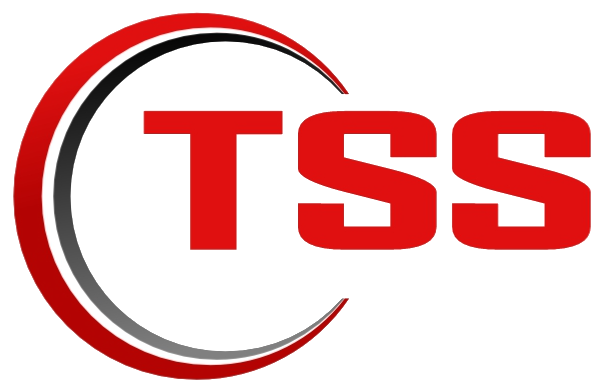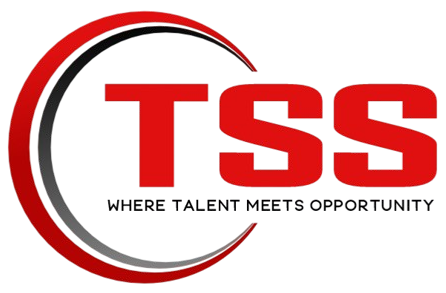
Accountability in the Workplace
Recent News Articles
Fresh job related news content posted each day.

Interviewing a Candidate
Interviewing a candidate is one of the most important pieces of the recruitment ...
Five Ways To Speed Up The Hiring Process
We all know the narrative when looking for a new candidate. We post ...




